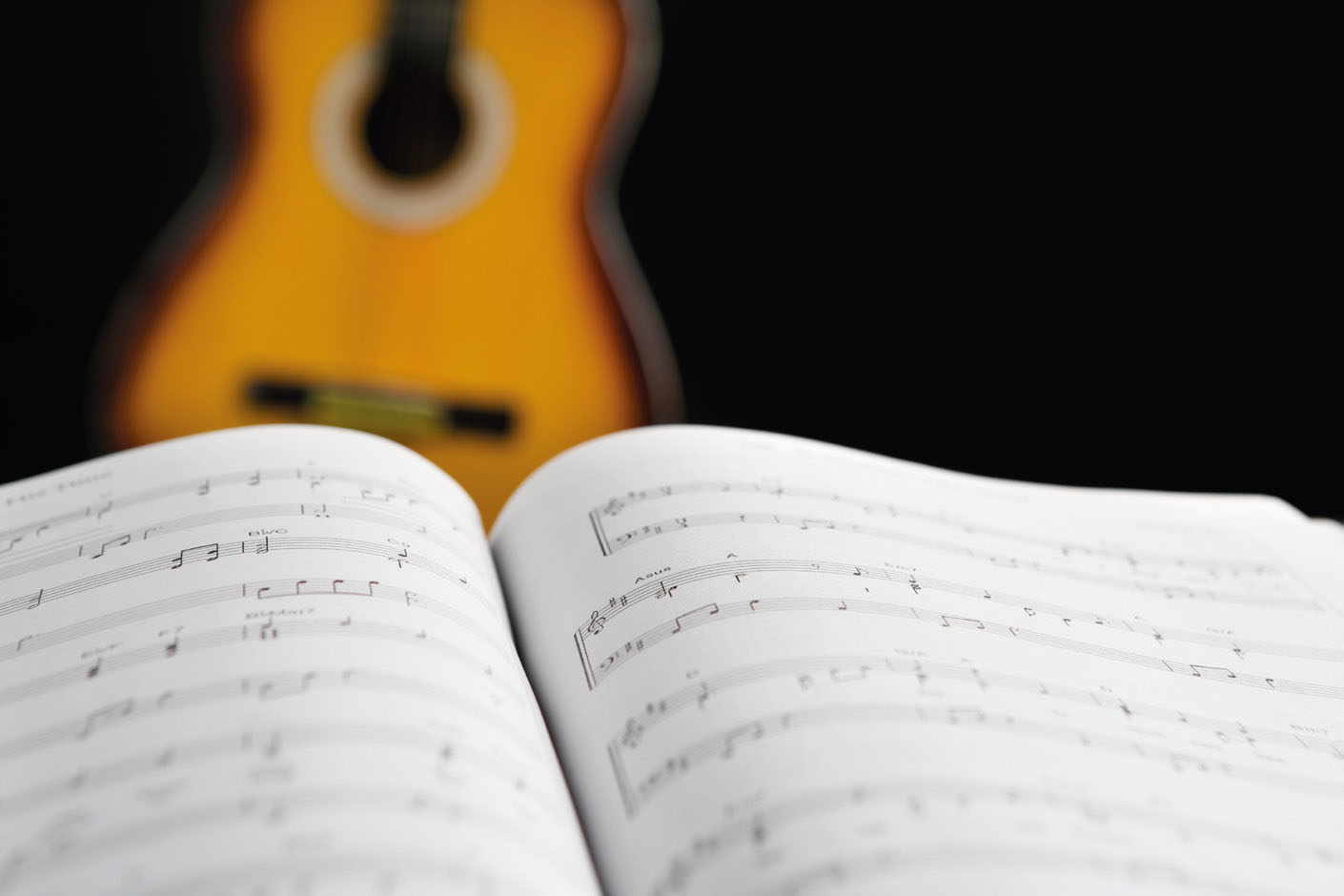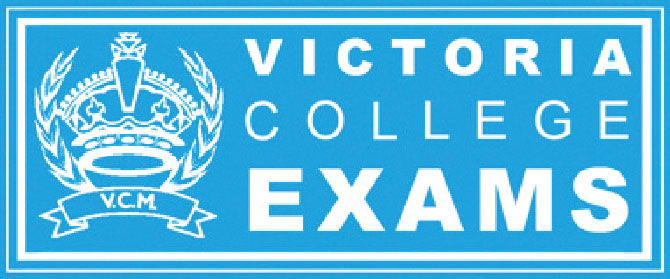
There are probably many more grade and diploma exam boards in the UK than you think. Once you have counted off Trinity College London (TCL), ABRSM, Rockschool and London College of Music (LCM), there are still more than half a dozen independent institutions that will offer heavyweight qualifications appropriate for your students’ particular strengths.
None of the boards mentioned below are accredited by Ofqual, which means that they won't get you any UCAS points in the bag (only TCL, ABRSM, Rockschool and LCM are so accredited), but for more than one of the schools in this article, the conscious decision not to pursue state accreditation has been the result of an intense period of self-reflection: one in which stakeholders have decided that they would rather hang on to the philosophies and traditions upon which the schools were founded, than compromise these in order to satisfy government criteria or be forced to merge with other bodies.
There is a strong argument, made eloquently on the Victoria College Examinations website, that the pursuit of UCAS points might not be entirely in your students’ best interest. It is true that they are often overlooked by university admissions teams, and there's the possibility that a little research on the other options available might prove transformative for your students. In terms of getting a leg-up when it comes to university admission, there is the personal statement part of the UCAS form to think of, not to mention the possibility of an interview, both of which can be well filled with an account of any music exam your students take, accredited or not – and the more interesting and idiosyncratic, the better!
While the accounts below are illustrative snapshots, the websites give you a fuller picture of exactly what each board offers. For a full list of examining bodies, see the Rhinegold British & International Music Yearbook.
NORTH AND MIDLANDS SCHOOL OF MUSIC

NMSM emerged from the old Lancashire School of Music in the nineties, and later that decade it absorbed the Association of Church Musicians and the London Academy of Music. The school has made a conscious decision to remain independent, at one point holding a postal ballot for members in which it was decided not to pursue a prospective status agreement with the Qualifications and Curriculum Authority (QCA). Its performance exams leave the choice of repertoire up the candidate, and there are often many ways to tailor their assessments to a candidate's strengths, often combining performance and exam elements. All ‘practical instruments’ and voice are assessed at all levels (except the advanced diplomas, see below), and at intermediate level there is also musical theatre, general musicianship, composition, dissertation, and liturgical organ accompaniment.
Qualifications offered
The NMSM is known for its diploma qualifications, which are available at ‘associate’, ‘licentiate’ and ‘fellowship’ levels. Assessed skills include performance, performance from memory and improvisation, with all repertoire chosen by the candidate. There are also heavyweight advanced diploma courses in choral or choir training, music teaching, research and accompaniment, and two performance diplomas in liturgical accompaniment.
There are several other assessment strands. The NMSM Certificates are performance assessments available at two levels – the first covering Grades 2 to 4, and the second covering Grades 5 to 6. Candidates select their own choice of music, which needs to be agreed by the school. There are also exam assessments in composition, dissertation, extemporisation/improvisation and a combined performance/exam option.

Choose the right board, and your living room could be the exam room
The school allows candidates to tailor a diploma to their own interests, and a ‘combined subject diploma’ can consist of any combination of performance, practical examination with a performance element (conducting, for example), dissertation, research, and composition.
Costs
The performance assessments start at £25; diplomas start at £90; and the advanced diplomas are £250.
VICTORIA COLLEGE EXAMINATIONS

Founded in the late 19th century, Victoria College is a long-standing pillar of the music education establishment. When state accreditation became a possibility in the nineties, it was fully approved by the state for use in state-maintained schools. When the QCA was formed, Victoria College declined to pursue accreditation, following a similar path to the NMSM, in order that it might keep its distinctive character.
The board is known for its supportive ethos and the ability of the examiners to set students at ease. Indeed, its main stated aims are ‘to encourage’ and to offer positive feedback and a helpful approach, alongside its strapline of ‘Traditional Values; 21st-century attitude’.
Qualifications offered
Victoria College offers introductory exams, a range of medals, Grades 1 to 8 and several levels of diploma. It has syllabuses covering all standard orchestral and most brass band instruments, and there are also exams for recorder, accordion, melodica, ocarina and concertina. The vocal options are musical theatre, solo singing, and self-accompanied singing; the keyboard options are traditional piano, contemporary piano, piano accompaniment, piano duets, pipe organ, electronic keyboard, electronic organ, and harpsichord; plucked strings options include bass guitar, plectrum guitar, classical guitar, banjo, mandolin and ukulele. The ‘Rock Power’ range has courses in lead guitar, vocals, bass guitar and drum kit.
Grade exams offer a combination of the ‘list’ model and candidates’ own choice. Students for all grades can perform their own compositions in lieu of the set musicianship tests.
There are also qualifications available in theory, contemporary theory, conducting, composition and bandmastership, and syllabuses for both small and large ensembles.
Victoria College also offers several speech-based exams, and is seen as a competitor to LAMDA in this regard. As such, its musical theatre syllabus carries a lot of weight in the sector.
Costs
Introductory practical exams start at £31, Grades start at £40, medals start at £75 and diplomas start at £145 (up to £375).
INDEPENDENT CONTEMPORARY MUSIC AWARDS

Of all the many qualities in ICMA's strapline philosophy (‘Traditional and modern instrument syllabuses that are flexible, innovative and exciting’) it is the ‘flexible’ element that marks it out from the crowd. There are no set exam periods, so that students can plan their year, and the board is happy to examine on Sundays and evenings; exams can also take place at your home or a teaching studio (as long as there is at least two hours’ worth of examining to be done); and the syllabuses themselves are also relatively flexible: students can have their own choice of music approved for their exam, and there is a choice of supplementary tests.
Qualifications offered
Syllabuses include several keyboard instruments; violin and viola; flute, clarinet and saxophones; B flat trumpet; classical, acoustic, electric, and rock guitar, bass guitar and mandolin; kit drumming; singing, contemporary vocals, pop vocals, musical theatre; church music including chorister, organist, choir trainer and ensemble strands; Scottish fiddle, clarsach and Irish Harp; ‘effective communication’ (under the heading ‘Communication, Speech & Reading syllabuses’); and general musicianship, research, composing, conducting, theory of music, and ‘Webcam and DVD Assessments’. The assessed levels include Grades 1 to 8; various inter-Grade medals; a post-Grade 8/pre-diploma examination; and various diplomas.
These are the ‘active/published’ syllabuses. Among syllabuses listed as ‘available’ are most other standard orchestral instruments, accompanying and percussion.
Costs
Exam entry for Grades costs between £23 and £58, and most other assessments are in this range. Diploma assessments cost upwards of £100.
NATIONAL COLLEGE OF MUSIC & ARTS

Established more than 100 years ago, NCM states its primary aim as seeking to ‘develop musicians rather than instrumentalists’, and encourages candidates to enjoy their studies. Examiners are encouraged to develop a supportive relationship with candidates, and the oversize, beautifully designed certificates that students receive are famous in themselves. A family business for many years, today it is administered by a college council. It became a dedicated external examining body when its premises were lost in the Second World War, and now has centres across the UK, nine in Hong Kong and Kowloon, and centres in Norway, Germany, Australia, Italy, Singapore and East Malaysia. It has a distinguished advisory council, including Huw Edwards and Pam Wedgwood.
In the Grade exams, repertoire is chosen from set lists and ‘ear tests’ are compulsory. Students can skip the viva voce element at Grades 1 to 7 if they have passed the written theory exam at a level of two grades lower. Grade 8 performance has a written theory requirement.
Qualifications offered
Syllabuses are available for solo piano, popular piano, violin, viola, clarinet, flute, solo singing, recorders, B flat bass, baritone & euphonium, bassoon, musical theatre, cornet, trumpet, flugel horn, double bass, cello, oboe, saxophones, tenor trombone, French horn, church organ, jazz blues guitar, electric guitar, electric keyboard, composition and Bible readings. Assessed levels include preparatory Grades, bronze, silver and gold medals; Grades 1 to 8, and four levels of diploma.
Costs
Exam entry for Grades costs between £44 and £85. Medals start at £30 and the diplomas cost between £135 and £385.




